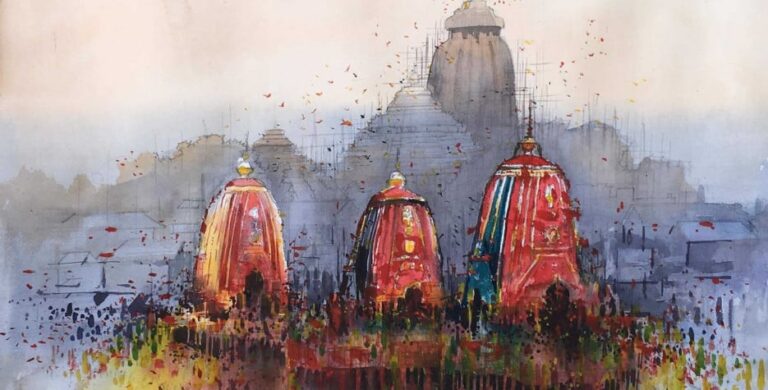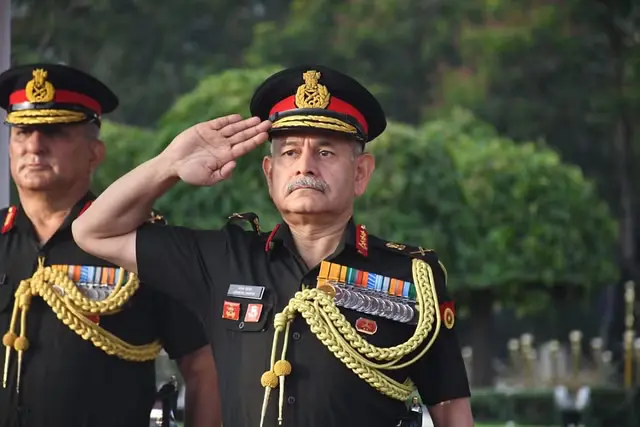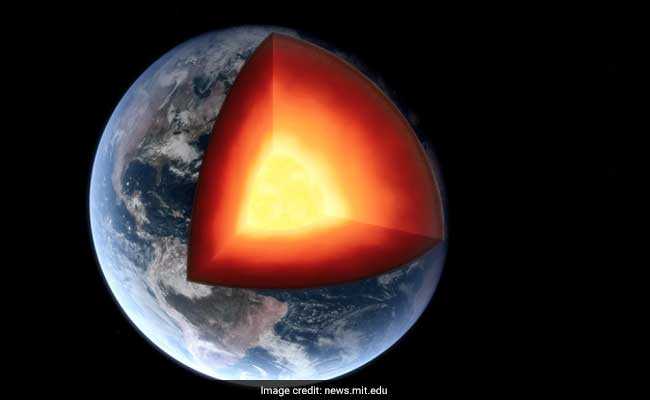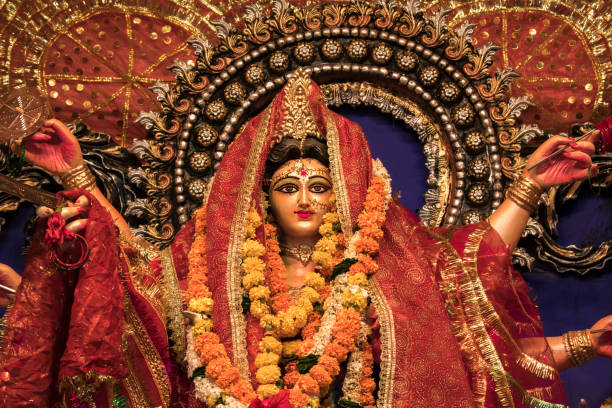“In a brief televised inaugural session, Prime Minister Narendra Modi announced the move to make the 55-member African bloc the first new member of the G20 since its creation in 1999 to cope with a series of financial crises.”
“African Union Joins G20 as Permanent Member During New Delhi Summit”
The global stage witnessed a historic moment during the recent G20 summit held in New Delhi, as the African Union officially became a permanent member of this influential forum. Leaders from the world’s largest economies gathered to address pressing global challenges, with the Ukraine crisis casting a significant shadow over the proceedings.
The momentous decision was announced by India’s Prime Minister Narendra Modi, who opened the summit with a televised inaugural session. He stressed the importance of inclusivity, stating, “In keeping with the sentiment of ‘sabka saath’ (with everyone), India had proposed that the African Union should be given permanent membership of the G20. I believe we all are in agreement on this proposal.”
The African Union, a bloc consisting of 55 member countries, now holds the distinction of being the first new member to join the G20 since its inception in 1999, originally established to address a series of financial crises.
External Affairs Minister S. Jaishankar extended a warm welcome to the current chairperson of the African Union, Comoros President Azali Assoumani. The camaraderie was evident as Prime Minister Modi greeted Assoumani with a hug before the G20 leaders embarked on their closed-door deliberations.
This significant development, which reflects the changing dynamics of global governance, is expected to be included in the draft leaders’ declaration that is currently being negotiated by the G20 states. The African Union’s status is expected to be on par with that of the 27-member European Union (EU), the only other regional bloc with full G20 membership.
Notably, the inclusion of the African Union is not anticipated to lead to a change in the G20’s name, as diplomats from member states have clarified. Instead, it is seen as a step toward a more diverse and representative G20.
The proposal to grant full membership to the African Union was not limited to India’s endorsement but also garnered support from key players such as the EU, China, and Russia, each motivated by their unique reasons. Japan, a member of the G7, joined the chorus in favor of including African countries from the Global South, aiming to bolster their influence in global governance.
China, on the other hand, embraced the proposal, given its substantial investments in Africa through the Belt and Road Initiative. Russia, seeking to expand its diplomatic outreach and counter isolation over the Ukraine conflict, eagerly courted more African states.
As negotiations on the draft leaders’ declaration continue, marked by challenges in addressing the Ukraine crisis, India, during its G20 presidency, remains focused on achieving tangible outcomes in areas where it has led signature initiatives. These include securing financing for climate transition, advancing digital public infrastructure, accelerating the implementation of sustainable development goals (SDGs), and advocating for the reform of global institutions and multilateral development banks.
Throughout its G20 presidency, India has positioned itself as the “voice of the Global South.” The inclusion of the African Union in the G20, a forum of the world’s wealthiest economies, aligns with these efforts, marking a historic stride toward a more inclusive and representative global governance structure.












+ There are no comments
Add yours